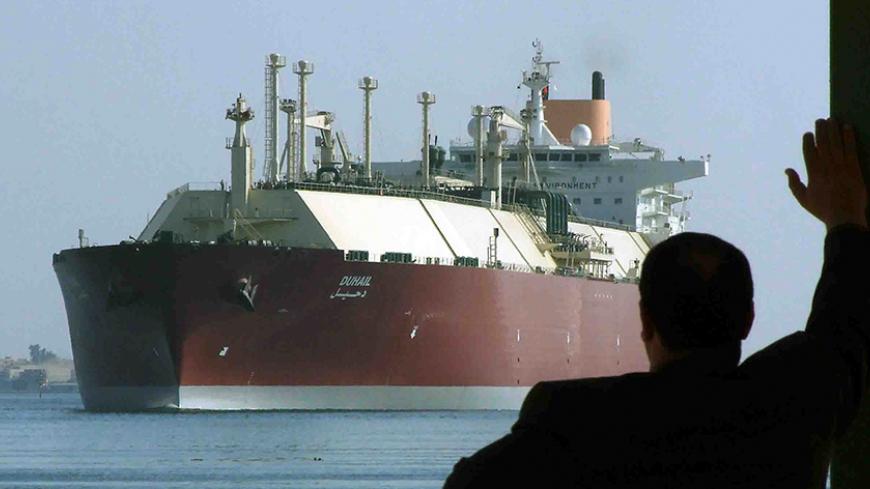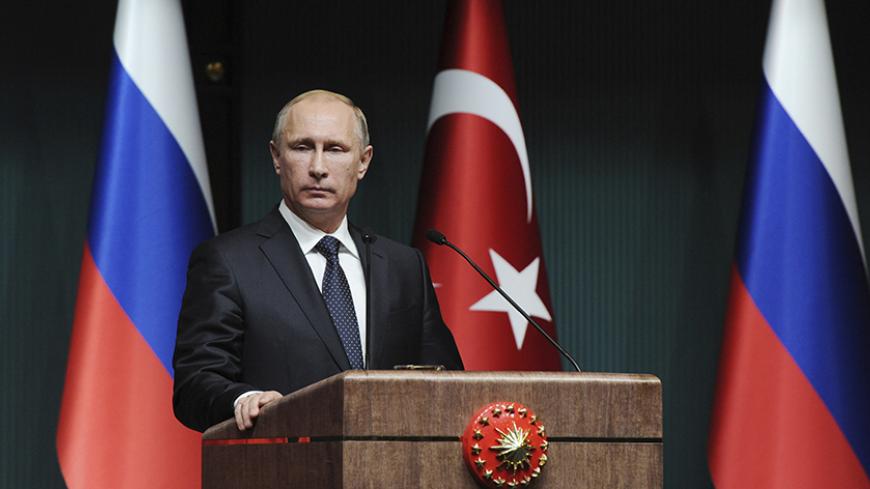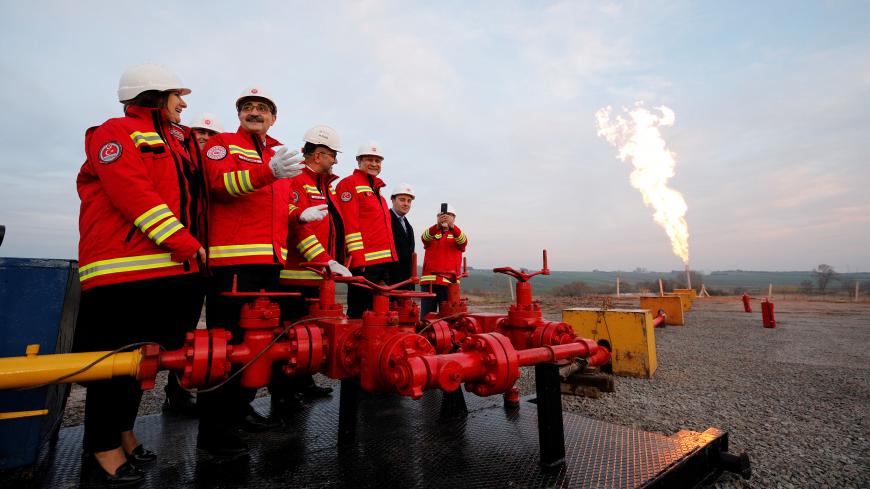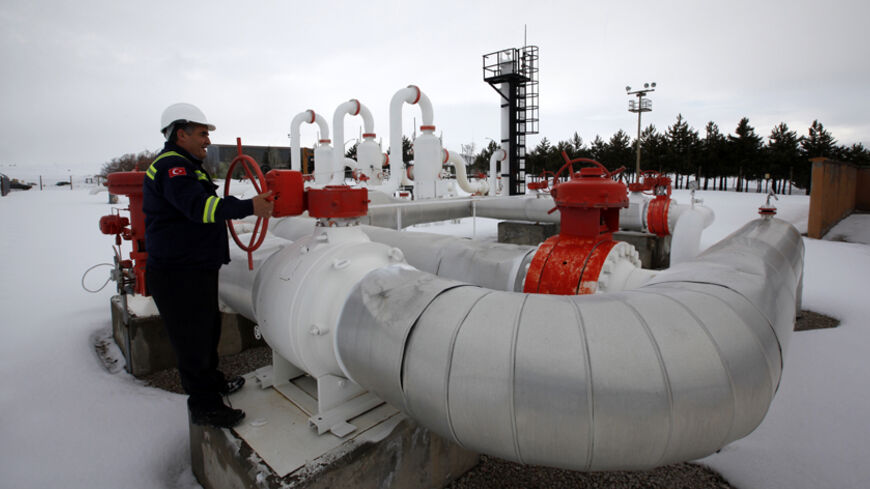Turkey dependent on Russian gas via Ukraine
Turkey’s energy-supply vulnerabililty continues unchanged from earlier crises.

On the morning of March 3, fallout from the Crimea crisis hit the European energy market. Over fears of a gas supply disruption similar to the 2006 and 2009 Russia-Ukraine gas crises, the benchmark oil price rose by 2%, gas futures climbed by 10% and Russian gas giant Gazprom's shares fell by 13%. However, not all consumers of Russian gas share the same level of risk. While EU members have developed some measures to reduce their energy security vulnerability, Turkey’s vulnerabilities have not changed since the 2009 crisis.
Russia’s gas-export monopoly, OAO Gazprom, announced March 1 that it may end the December 2013 agreement between Russian President Vladimir Putin and Ukraine’s overthrown President Viktor Yanukovich to supply Ukraine gas at a cheaper rate. This sounded new alarms in the European energy market over the gas-disruption risk via pipelines crossing Ukraine, as happened in 2006 and 2009. Despite the panic, EU member countries are much less vulnerable to anything similar to what happened in 2009. The financial crisis has reduced energy consumption rates in Europe, while supply measures (such as an increase in storage capacity, the diversification of supply routes and the expansion of gasification terminals) have made EU-member countries less vulnerable. Conversely, Turkey, with an annual energy-demand growth rate of around 4.5% and no new energy security measures, remains calm even on the eve of a major Eurasian gas crisis.
Subscribe for unlimited access
All news, events, memos, reports, and analysis, and access all 10 of our newsletters. Learn more
Continue reading this article for free
Access 1 free article per month when you sign up. Learn more.
By signing up, you agree to Al-Monitor’s Terms and Conditions and Privacy Policy. Already have an account? Log in





.jpeg?h=55541bb6&itok=O4UKQ9xt)


